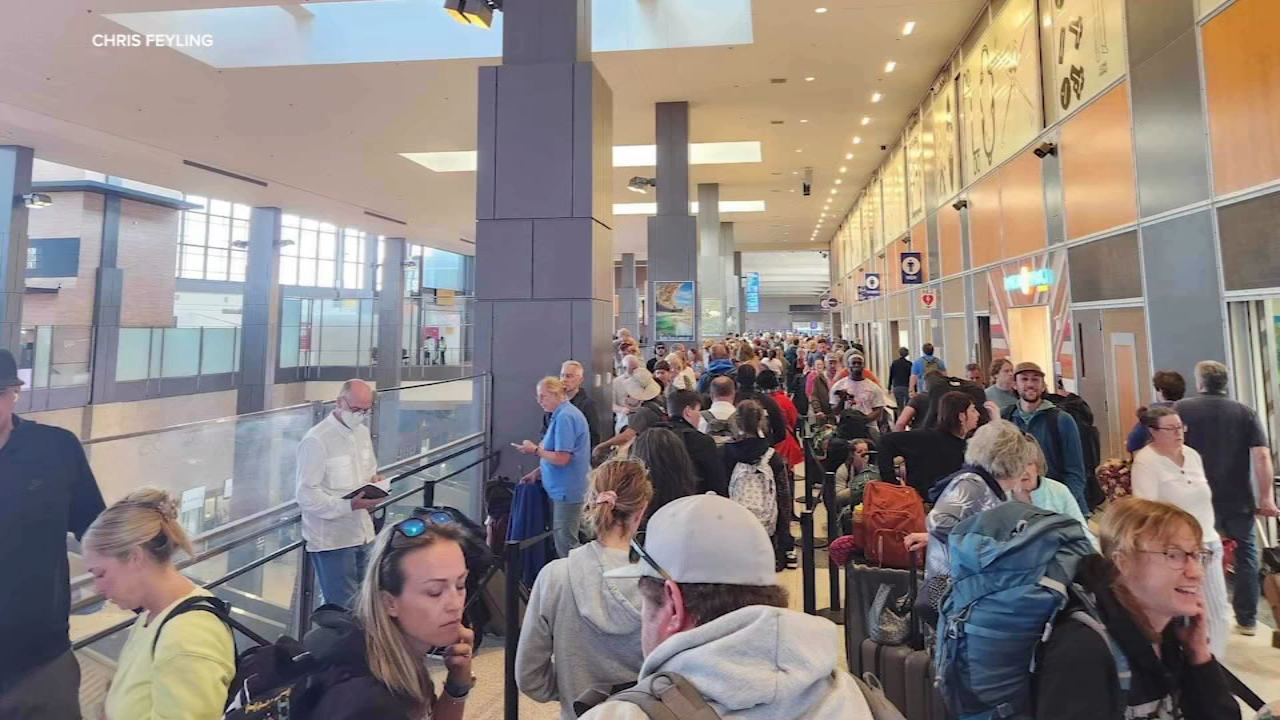UC Berkeley, Google team up for solar eclipse

SAN FRANCISCO (KGO) -- The sun is the engine for life on earth, and astronomers say watching it vanish during a solar eclipse can be a humbling reminder of our place in the cosmic pecking order.
"And if the sun were just to disappear suddenly we would disappear as well. So, that's what happens when the moon completely covers the sun it looks like the sun disappears," says Laura Peticolas, Ph.D. of the Berkeley Space Sciences Lab.
Peticolas and Dan Zevin are working to turn a total solar eclipse into perhaps the world's biggest citizen science project. First, they partnered with Google on an interactive map - that tracks the eclipse as it crosses north America.
RELATED: How to make two simple solar eclipse viewers at home
"You'll type in where you're located and it will give you a rough idea of the change of darkness in the sky," says Peticolas.
In much of the country, including the Bay Area, only part of the sun will be blocked out. But, if you're lucky enough to be within a band that stretches from Oregon to South Carolina you could see the sun blocked out completely for more than two minutes.
"It's like a wall hits you of darkness and it forces you to look up and then you see the outer atmosphere of the sun called the corona," she says.
The Berkeley team is now hoping hundreds of people will do more than view that amazing sight. They're recruiting an army of citizen scientists to actually photograph it.
"We're hoping to get 1,500 volunteer photographers," says Dan Zevin.
RELATED: How will the total solar eclipse affect your animals?
Zevin says the volunteers will need to be within the band of total darkness, known as the path of totality. They'll also need camera gear and access to the internet.
"And once they get the image we're asking them to upload it to a special Google site. Where we'll stitch those images together and create sort of a mini-movie of the eclipse," he says.
They're hoping to turn the movie around in time for viewing the same evening, turning a rare celestial event into must see TV.
"We're going to have this amazing opportunity, says Peticolas. You can't miss this opportunity."
The eclipse is happening on August 21st. We have links to help you enjoy it, including the Eclipse Megamovie project, and live streaming from the path of totality courtesy of our partners at the Exploratorium in San Francisco.
Click here for more information on the mega movie project.
Click here for more information on how to watch the eclipse.
Click here for more pictures, stories, and videos on eclipses.
Written and produced by Tim Didion.








